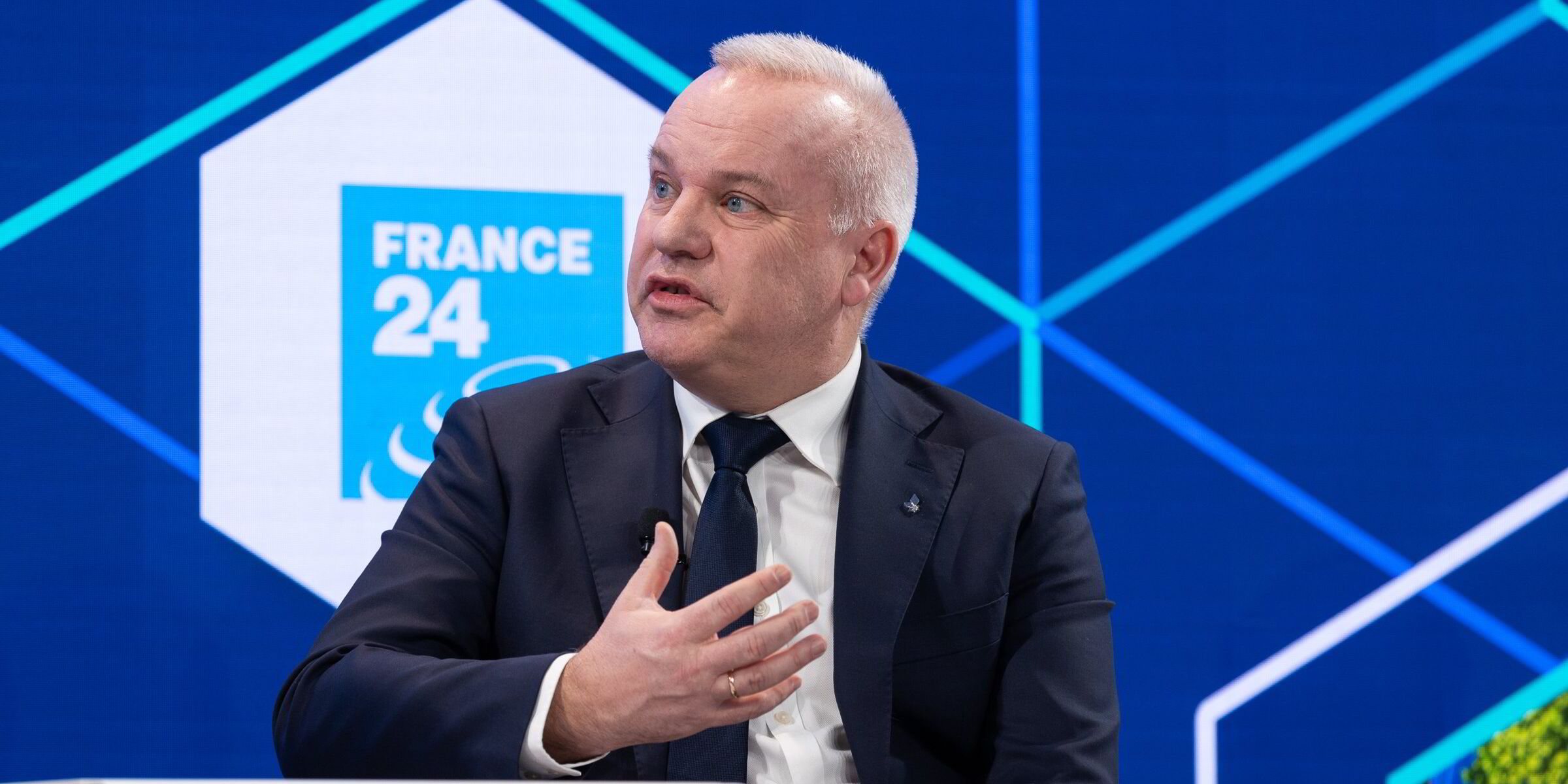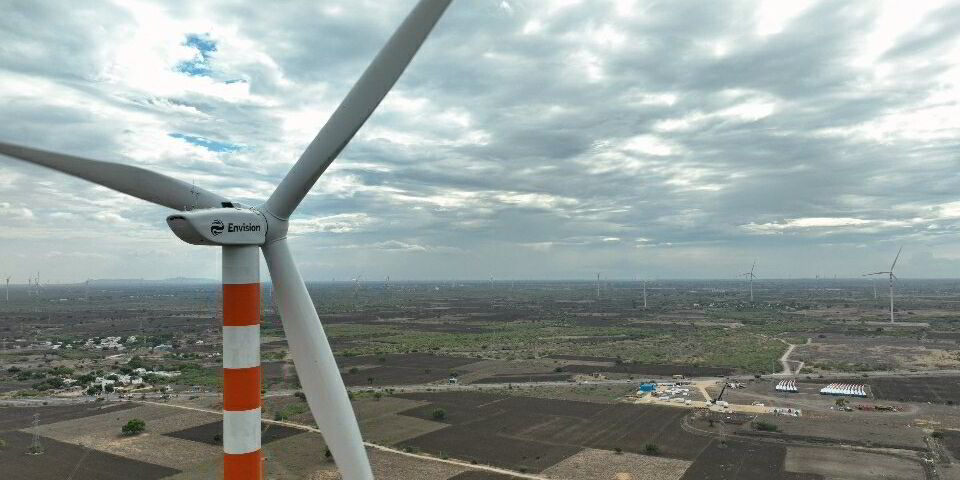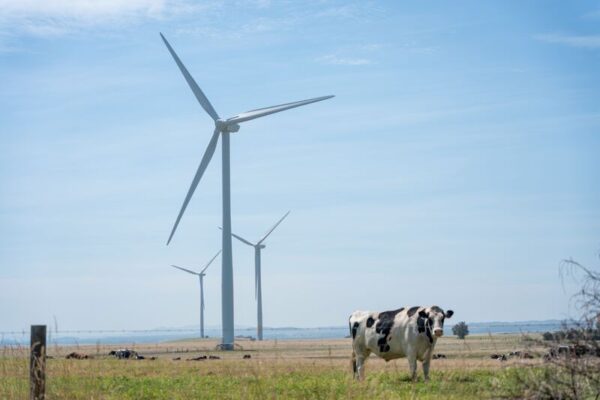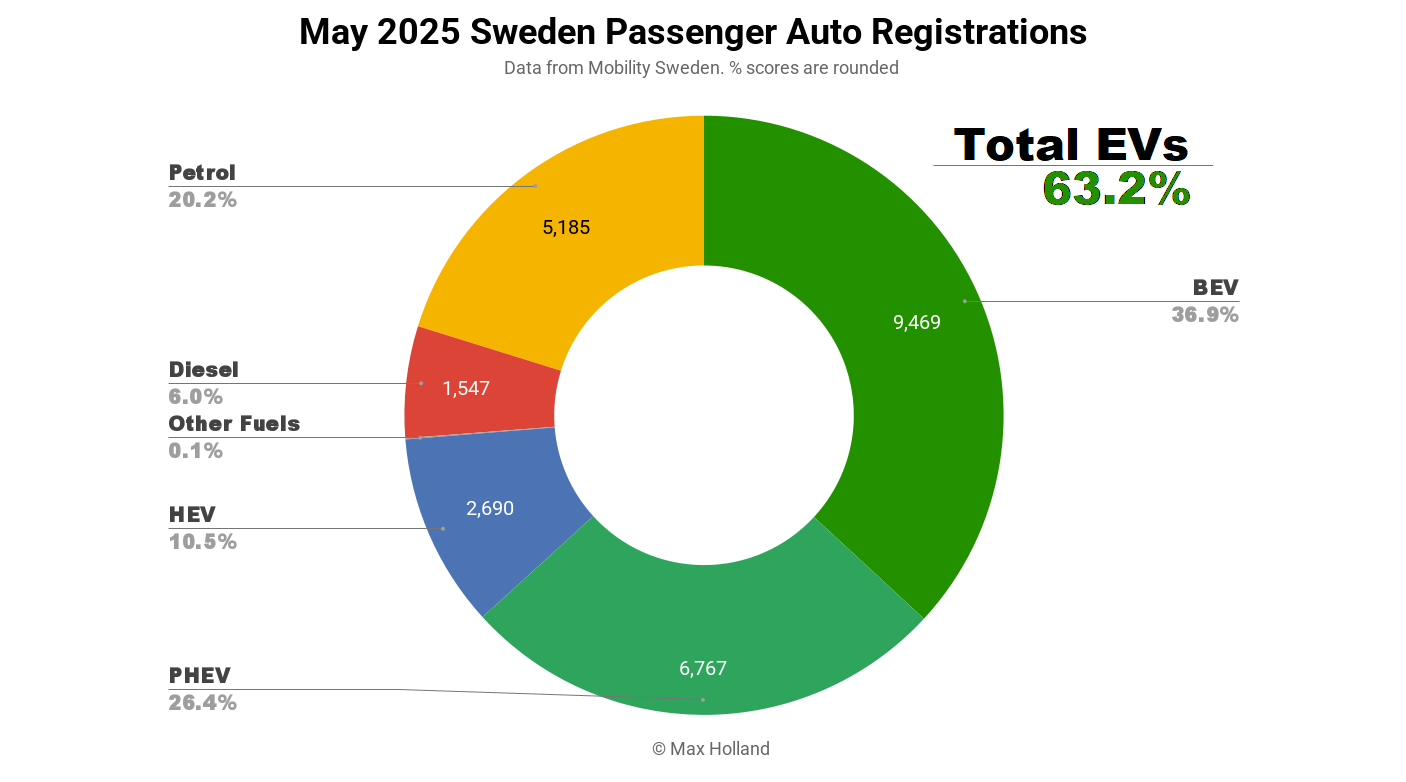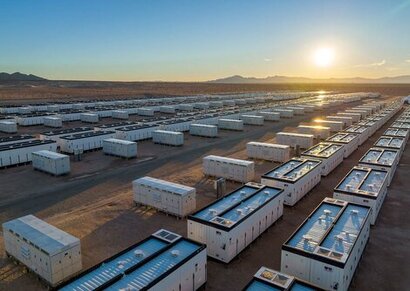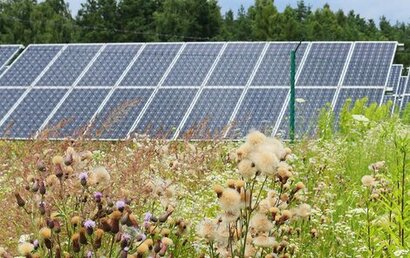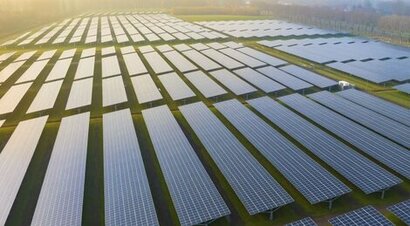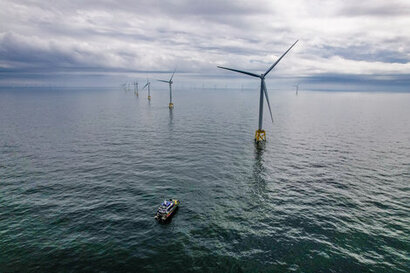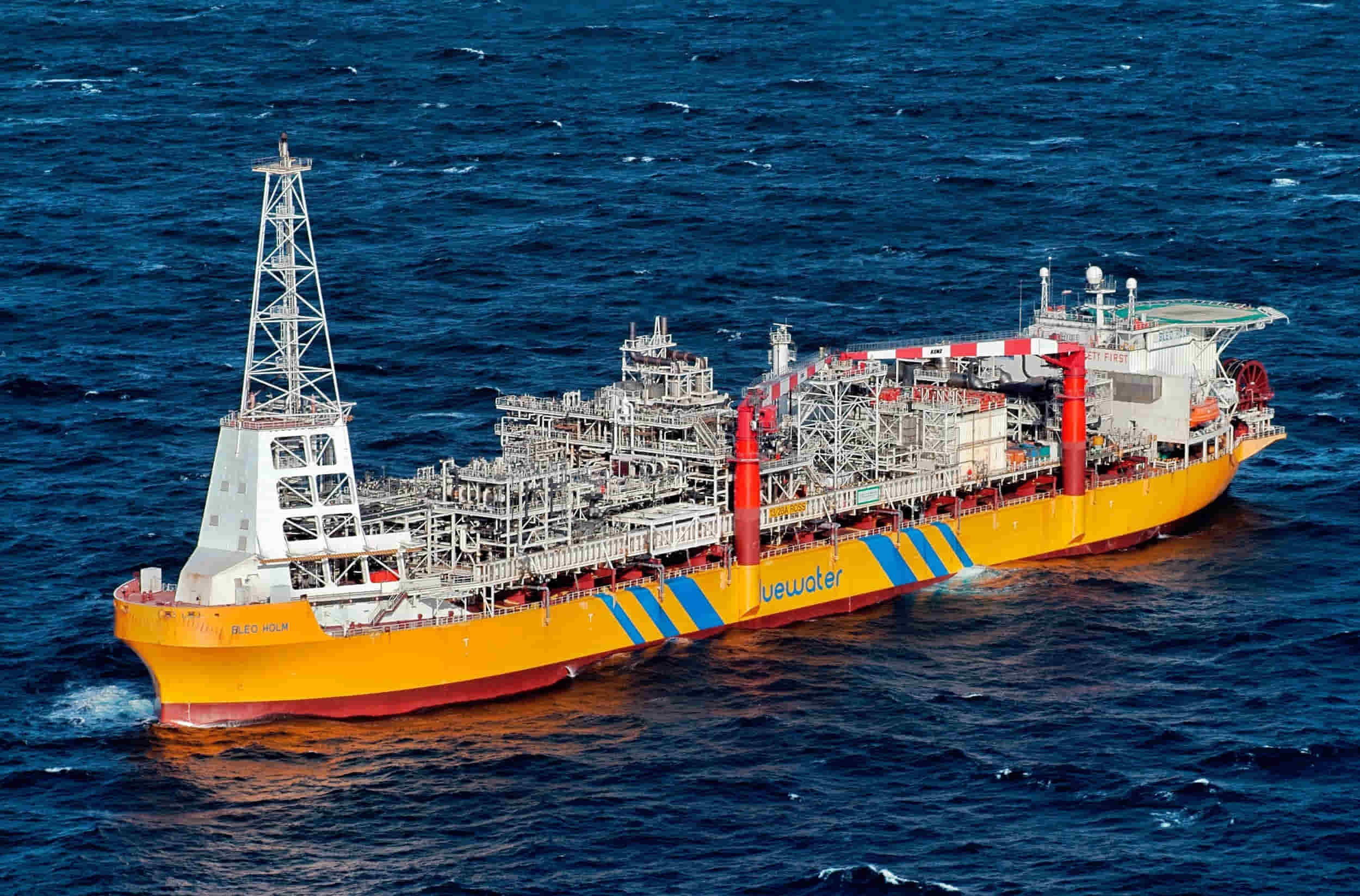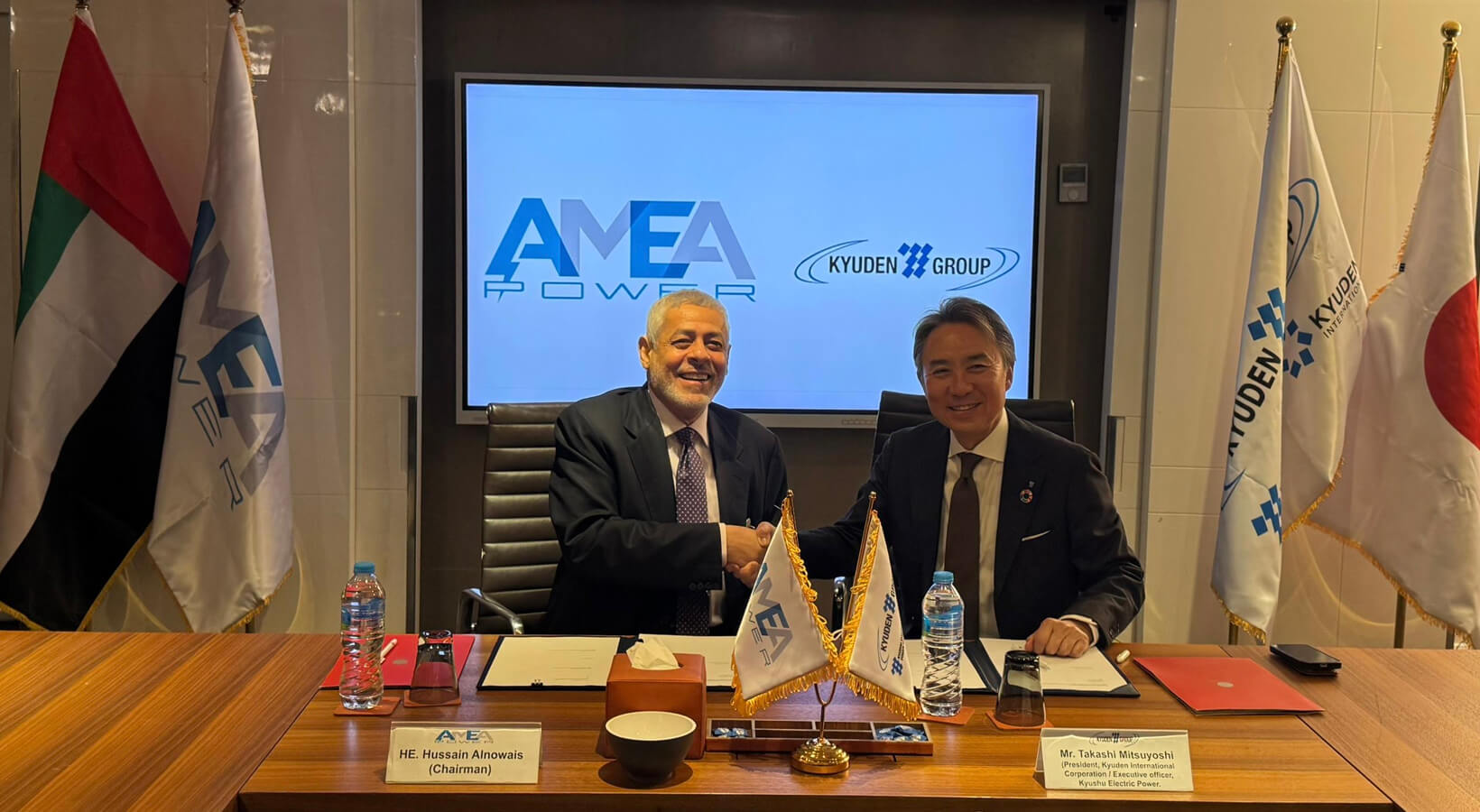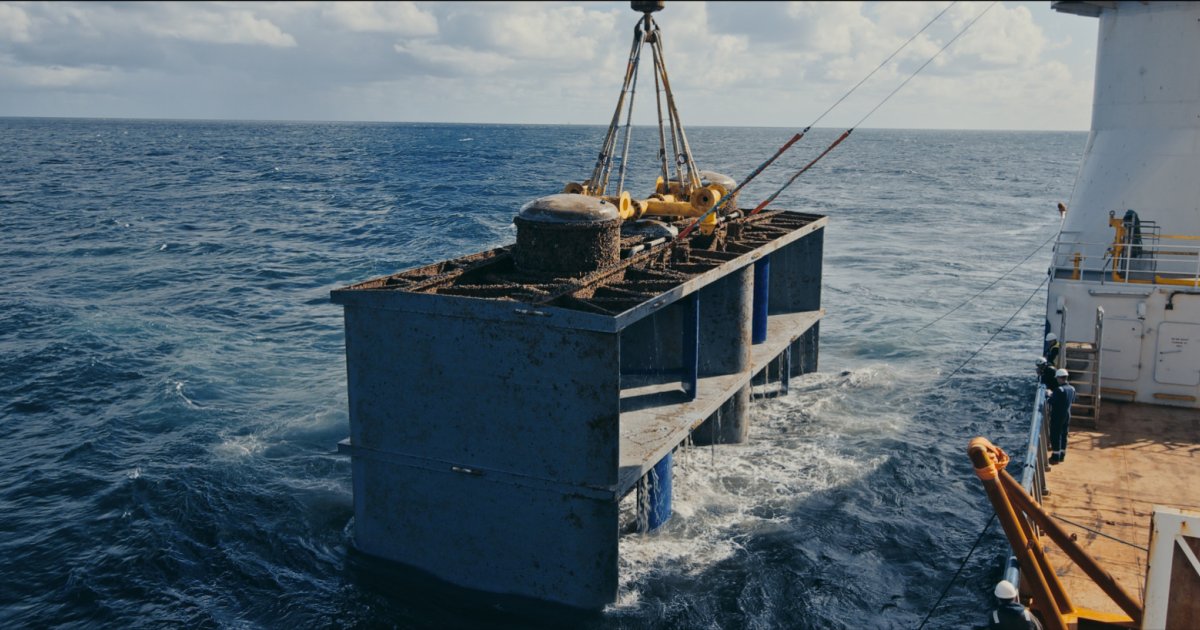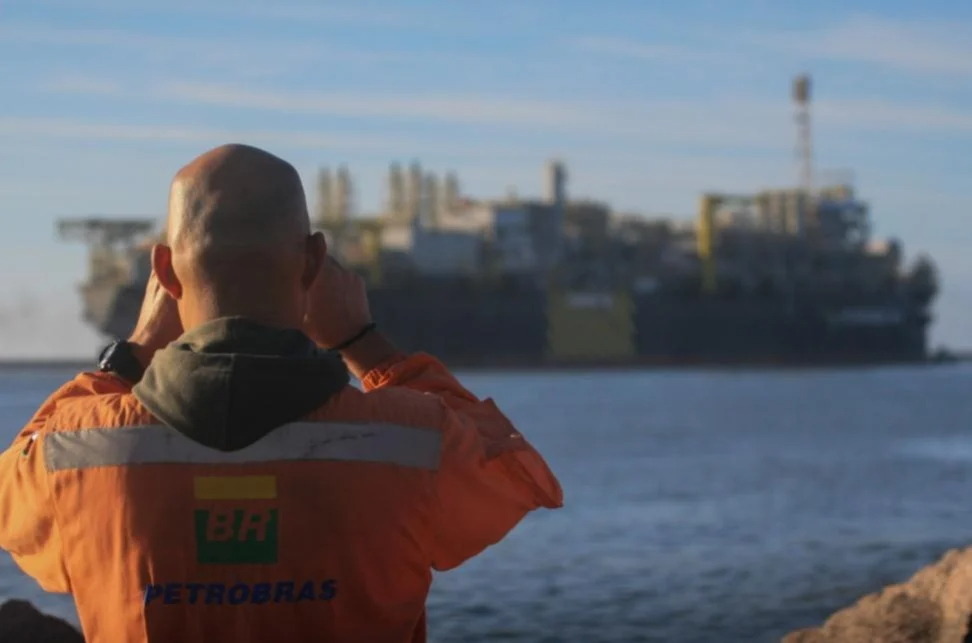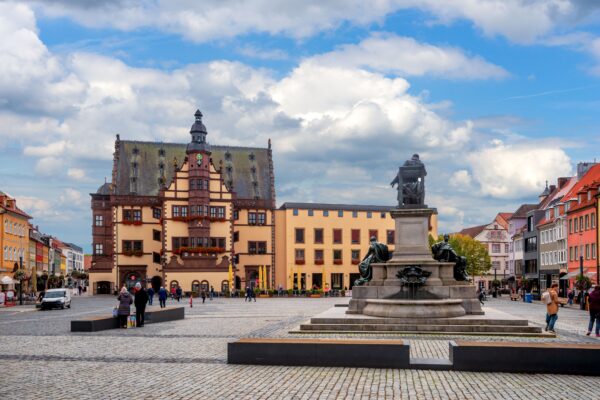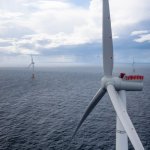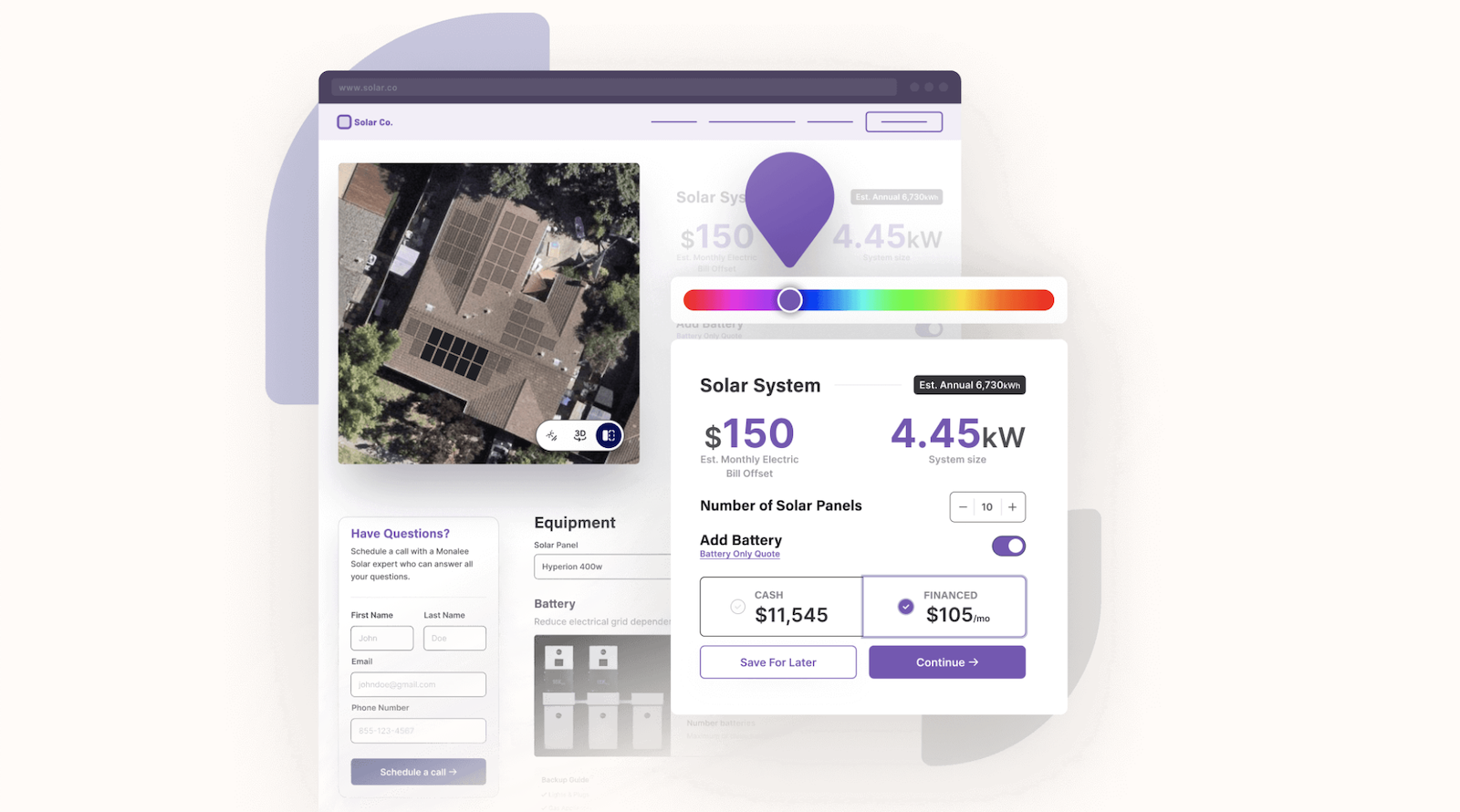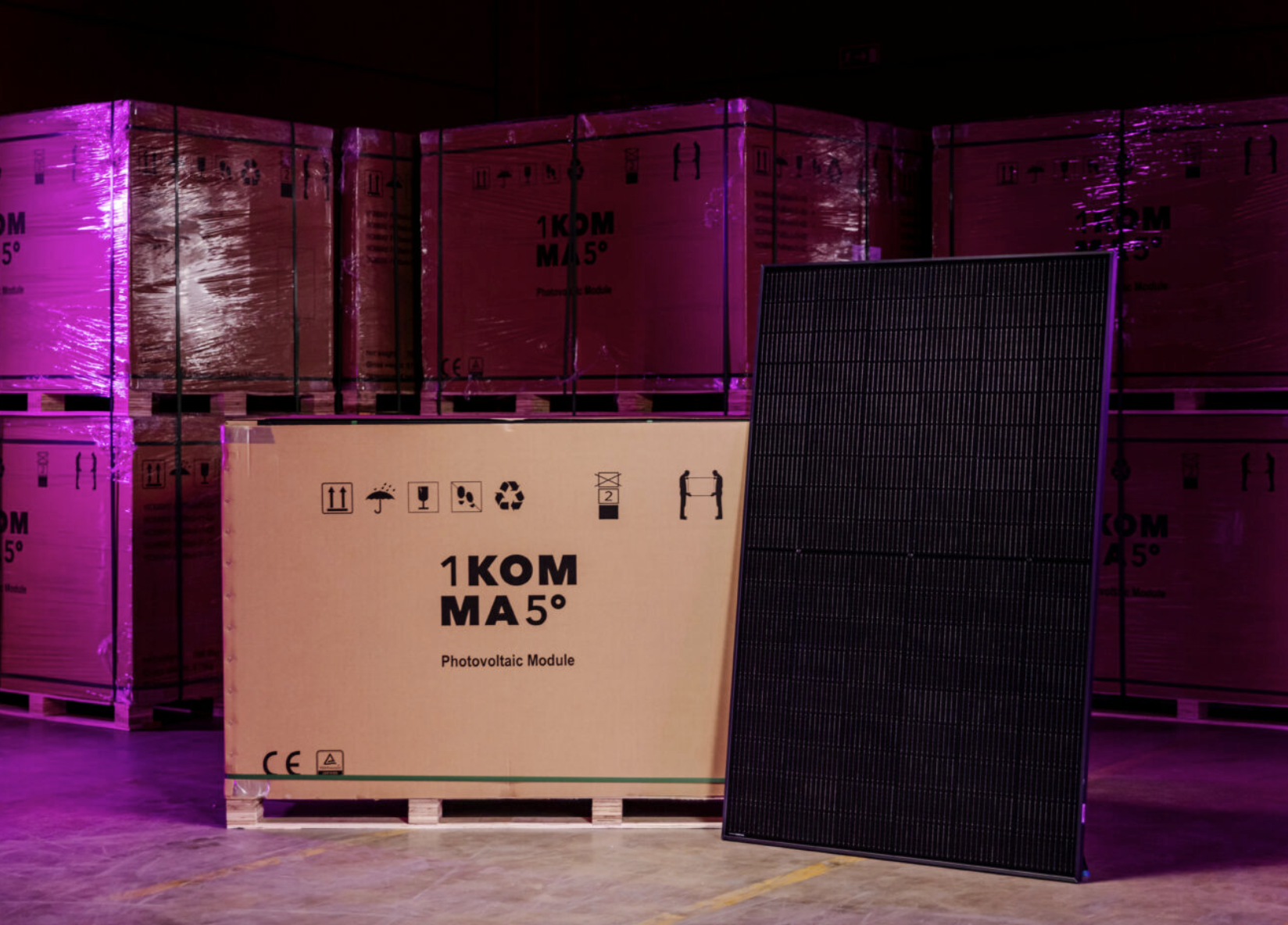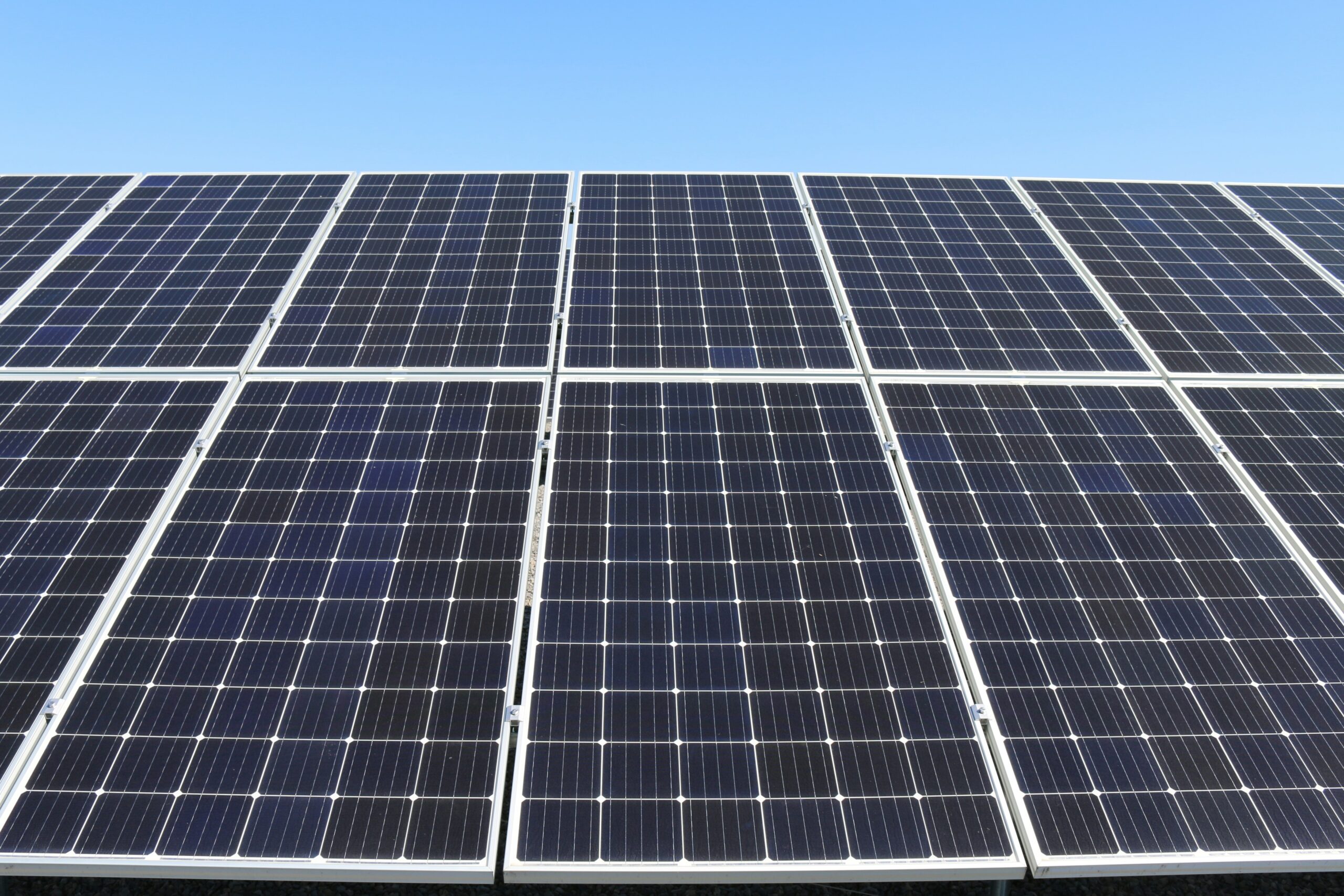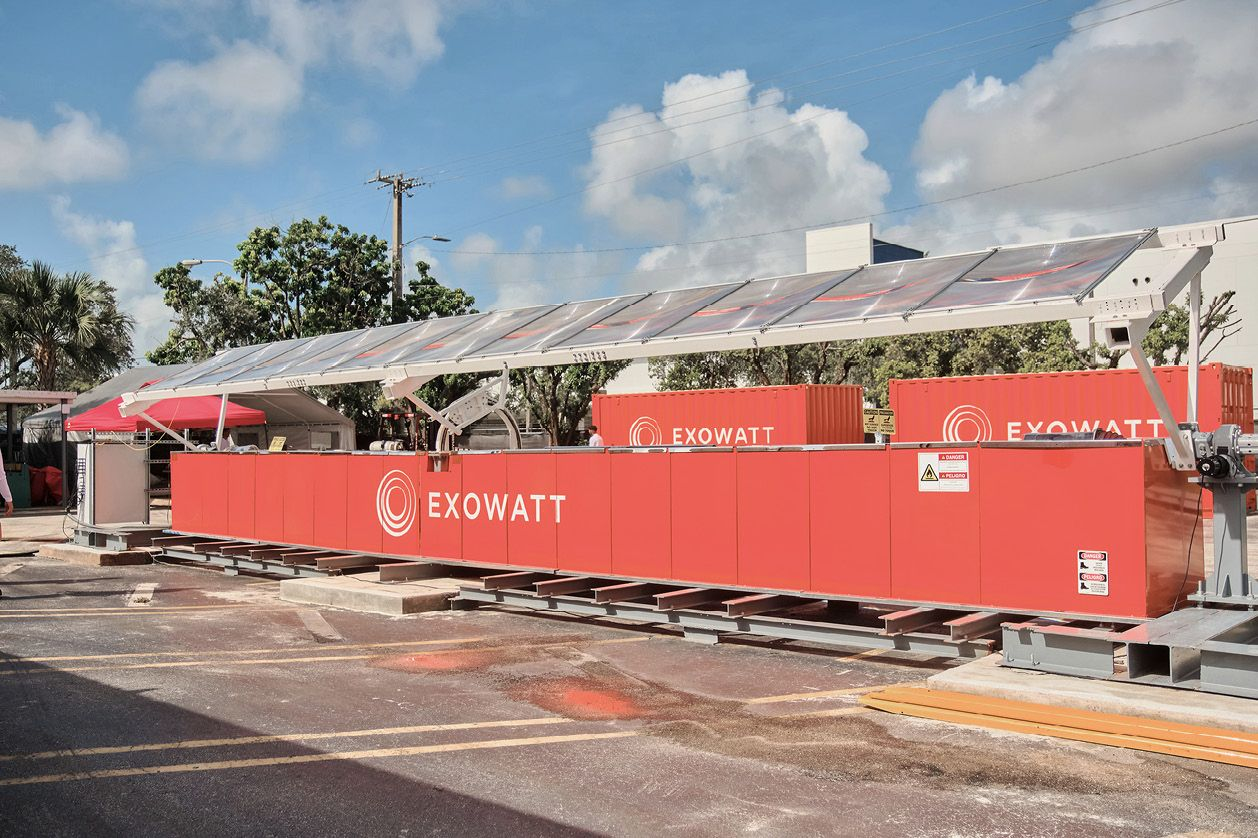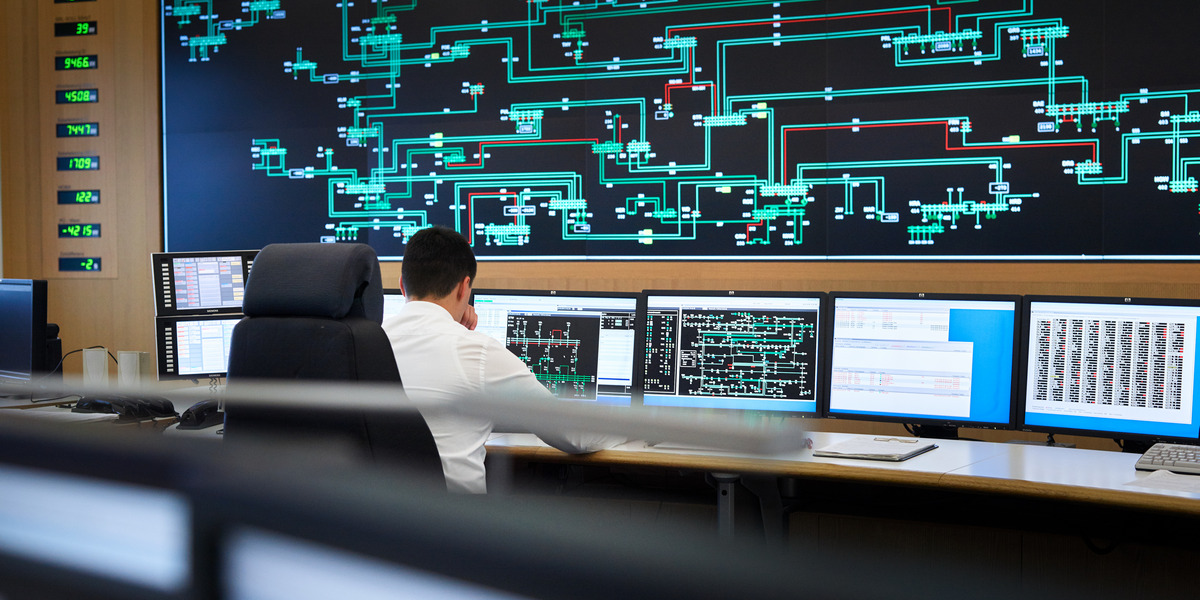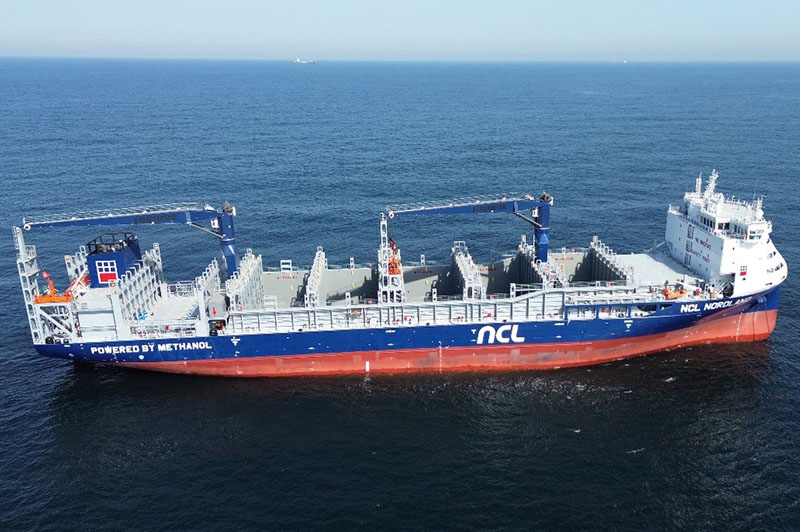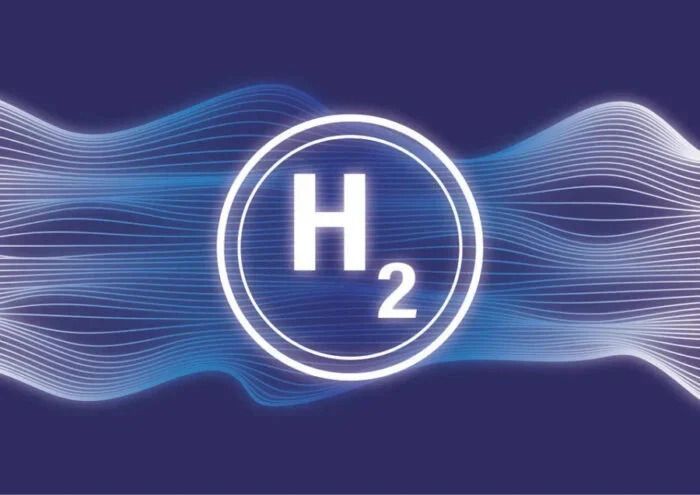Honduras launches 1.5 GW energy tender
The Honduras Ministry of Energy has published bidding terms for a 1.5 GW auction, including 975 MW of renewable energy with storage. The move follows a procurement announcement made in mid-May.

The Honduras Ministry of Energy has published bidding terms for a 1.5 GW auction, including 975 MW of renewable energy with storage. The move follows a procurement announcement made in mid-May.
From pv magazine LatAm
Honduran Energy Minister Erik Tejada has revealed that the National Energy Commission (CREE) has approved the terms of a tender for 1.5 GW of capacity.
The procurement exercise involves technicians from national utility Empresa Nacional de Energía Eléctrica (ENEE), CREE, the National Dispatch Center, the Ministry of Energy, and an international consulting firm. It will feature, for the first time, a reverse auction and successive rounds for the economic evaluation of offers. The tender seeks 65% renewable energy with storage and 35% non-renewable energy.
Of the total, developers must commission 800 MW by early 2028, 300 MW in 2029, and another 400 MW in 2030.
The bidding process will include a financial mechanism to guarantee payment of overdue bills to generators, aiming to provide greater certainty to investors and ensure the viability of awarded projects. The measure supports ENEE’s National Loss Reduction Plan (PNRP), which targets improved operational efficiency and a reduced sector financial deficit.
The international public tender targets generating companies interested in supplying power to the Honduran electricity system. The PV sector has emerged as a key player, as the country has expanded solar capacity in recent years.
ENEE said it hopes the tender will draw investment in new solar, wind, and hydroelectric projects.
The international call for bids also addresses the country’s growing electricity demand, which has risen by an average of 4% annually over the last decade, according to the World Bank and the Economic Commission for Latin America and the Caribbean (ECLAC). Authorities aim to prevent rationing and ensure reliable supply for industry, commerce, and households.
According to the International Renewable Energy Agency (IRENA), Honduras reached nearly 600 MW of installed solar capacity by the end of 2024, representing about 12% of the national electricity system’s total capacity.
What's Your Reaction?








